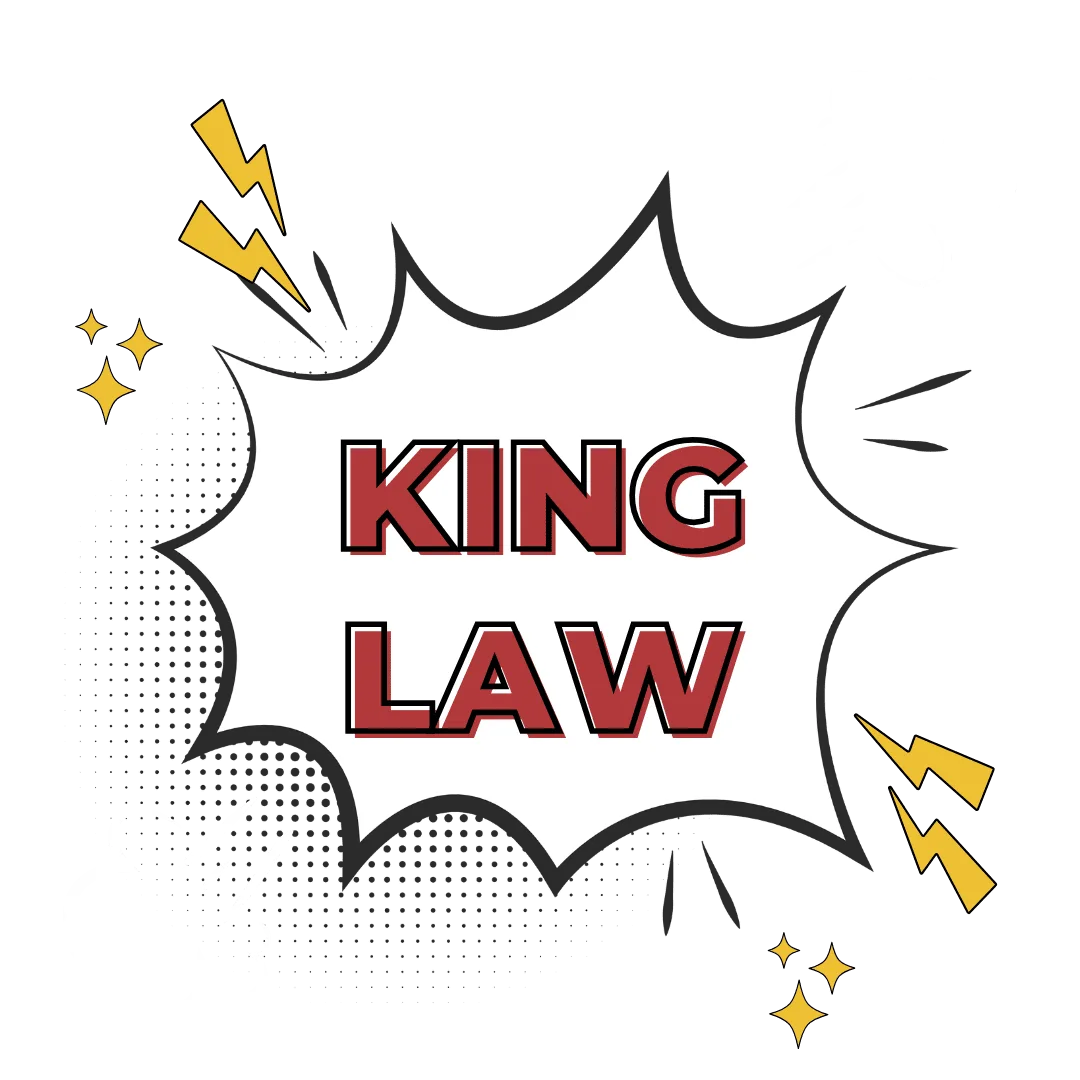When you are in a car accident, your automobile and body are likely to be damaged. If you are injured, you will experience pain and may even be fully or partially disabled. You will also be stuck with expensive medical bills. You may need to take time away from work and lose valuable time with your family. If your accident was caused by another person, it is only natural for you to be angry and want the person punished.
Punitive damages are funds awarded to a plaintiff in a civil case. The purpose of them is to punish the person responsible for an accident. Punitive damages are fairly rare in the case of a car accident, but they are not unheard of. Also referred to as exemplary damages, punitive damages are designed to make an example of the defendant who has to pay for them. In most cases, the plaintiff is a company or corporation that has acted with extreme negligence.
Difference Between Compensatory Damages and Punitive Damages
Compensatory damages are awarded to people to reimburse them for expenses related to an accident. This may include tangible expenses such as car repair, hospital bills, money for lost wages, and additional expenses such as Uber rides to medical appointments and maid service. A person who has been injured in an accident may also be awarded money for intangible damages such as pain and suffering.
Compensatory damages were established to reimburse the money and time a person has lost because of a collision that was not their fault. Punitive damages send a message to corporations to obey the law and take precautions to protect the general public.
A Famous Case In Which Punitive Damages Were Awarded
If an accident occurs because of a faulty auto design or a manufacturing issue, an injured party can sue the designer or manufacturer of the vehicle. An attorney will normally seek punitive damages in this case.
Punitive Damages Against Ford Pinto
One of the most famous examples of this is the case of Ford Pinto. In 1972, A Ford Pinto stalled on the freeway and erupted into flames when it was rear-ended. The driver of the car was killed and her 13-year-old male passenger suffered severe burns and permanent disfigurement.
The young man who was injured sued Ford. The family of the deceased woman also sued the company.
The owners of the car had to take it for repairs many times when it was new. The car was always stalling and this was determined to be caused by a heavy carburetor float.
Although there are rear-end accidents every day, they rarely result in explosions. The severity of the accident was attributed to Pinto’s poorly designed engine gas tank being placed behind the car’s rear axle. It was determined the Pinto was rushed out of the factory in spite of the fact it had failed several safety tests.
The Pinto was important to the company because Ford had promised to introduce an inexpensive car weighing under 2000 pounds. The marketing department wanted to release the car before its problems were corrected. The total amount of punitive damages awarded was $125 million
What Circumstances Are Needed to Receive Punitive Damages?
We will ask for punitive damages if we can prove gross negligence, recklessness, or willful, wanton disregard for others’ safety. Gross negligence is defined as “an extreme departure from the ordinary standards of conduct.”
Recklessness is a slightly lesser charge than gross negligence. However, it is considered a more serious charge than regular negligence. The state of California defines willful and wanton disregard as consciously acting with a disregard for the consequences of one’s actions.
Although it is rare, we can ask for punitive damages from an individual in extreme cases. If a person was driving under the influence of alcohol and had a very high level of alcohol in their bloodstream, we may seek punitive damages. A jury or judge may consider the act of driving to be reckless if a person was under the influence of hard drugs.
Is it Worth it to Ask for Punitive Damages?
One of the things that must be taken into consideration before asking for punitive damages is whether or not the entity or individual being sued is financially solvent enough to pay. We will look at the severity of the plaintiff’s injuries and the likelihood of the defendant causing similar harm to anyone else in the future.
In the state of California, you must ask for punitive damages in order to receive them. You are unable to specify an amount. The jury decides the dollar amount of punitive damages. In the event of a bench trial, the judge will decide the amount of this reward.
It is important to let people and companies know their duty of care to other drivers and the public is critical. Punitive damages send a message to the public that bad behavior has severe consequences. If you have been injured in an accident contact us today.
